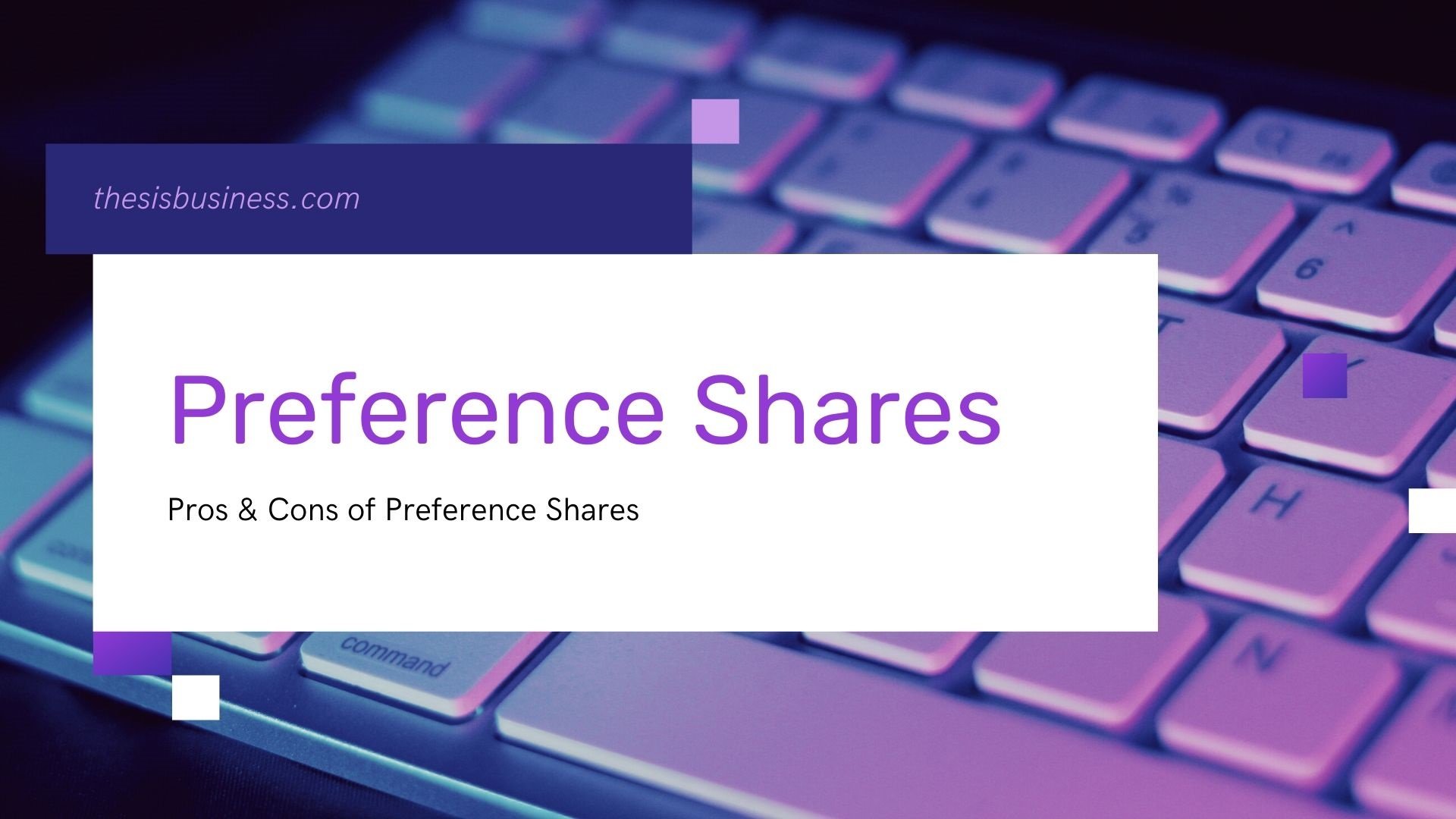Preference shares might be prefered option for those investors who really want a fixed and higher returns along with the lower risk involved comparatively.
Any company whether it is a small, medium or large organisation requires a source of finance sooner or later stages during its operation. Equity finance is the most popular source of funding for the majority of corporates or business enterprises as it doesn’t impose any financial obligation and at the same time business entities don’t need to create a charge over its fixed assets to float equity shares into the market as well.
Thus to raise funds from the public through equity finance, the companies have to issue the share or stocks into the financial market. There are typically two broad categories of Equity shares which are floated.
The first one is Ordinary Equity Shares/ stocks and second is Preference Shares or Prefered Stocks.
For details, information about Equity Share/ ordinary shares follows the link below.
In this article, we will focus on Preference Shares/ stocks. Therefore, let us first understand, what does it mean by preference shares?
Table of Contents
What are Preference Shares?
Preference shares are just the same as ordinary shares however some of its properties distinguish it from normal equity shares. Preference shares provide some features like debt funds, that why it is also known as Hybrid Shares.
Although it has also been the source of long term finance for the business entities yet it provides numerous advantages from the investors perspective. There are several types of preference share which are design to facilitate the investors’ interest. In fact, we can say some disadvantage of ordinary shares has been eliminated in preference stocks.
In a nutshell, “Preference Shares are special types of share which provide right to entitle a fixed rate of the dividend prior to common shareholders and also at the time of realization if the company wind up its operations preference shares are given priority over ordinary shares.”
Pros and Cons of Preference Shares:

To understand better the concept behind preferred stocks, let me elaborate on the pros and cons of prefered stocks with respect to common stocks.
See Also, Pros and Cons of Equity Shares
Pros:
- Preferred stockholders are entitled to be paid out a fixed rate of dividend before the common stockholders if the company determined to disburse a dividend for a particular time period.
- If the company decided to close its operation or gone bankrupt, then at the time of realization, preference shares are considered as primary rather than ordinary shares.
- There are cumulative preference shares which offer fixed dividend whether the company makes profits or not for a particular financial year. Moreover, if the company doesn’t pay a dividend for any financial year, it is treated as an arrear and will be paid off later.
- Some special preference stocks can be redeemable after a stipulated period of time declared by the company.
- Some preference shares are convertible in nature and can be converted to ordinary equity shares after a certain period of time.
- There are participating preferred stocks which have the right to claim the surplus profits of the company at the time of liquidation.
- The rate of dividend is typically higher than the interest rate of debentures.
Cons:
- Preference shareholders don’t have voting rights in AGM (Annual General Meetings) of the company.
- Preference shares are also not backed up by any collateral like a fixed asset of the company, hence is an unsecured investment.
- Preference shareholders always bear the fear of redemption in the favourable market scenario because whenever the company wish to buy back its shares can buy and refund their money. Thus shareholders may deprive of making a profit from their hardcore investments during the favourable circumstances.
- As preference shares offer a fixed rate of dividend, hence this might sometimes become a cause of low return (not to earn a higher dividend) if the company makes a huge profit.
Conclusion:
In a nutshell, Preference shares/ prefered stocks have the property of both equity shares and debentures. This means it offers a fixed rate of return like debentures and also provides an opportunity for making a capital gain (like ordinary shares) due to appreciation in the share price.
However, It is an unsecured investment which is the major drawback when it comes to investment in equity funds.
See Also.
Difference between Debt and Equity Funds
What are Government Securities?
